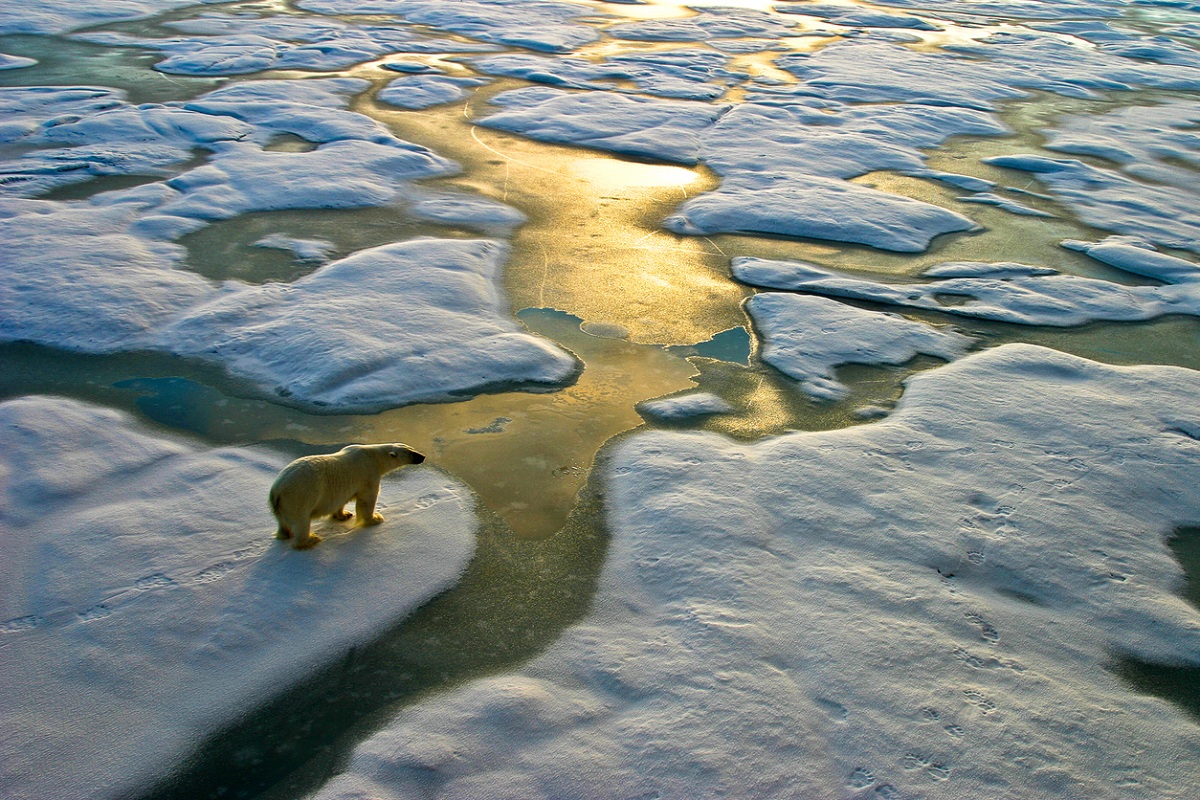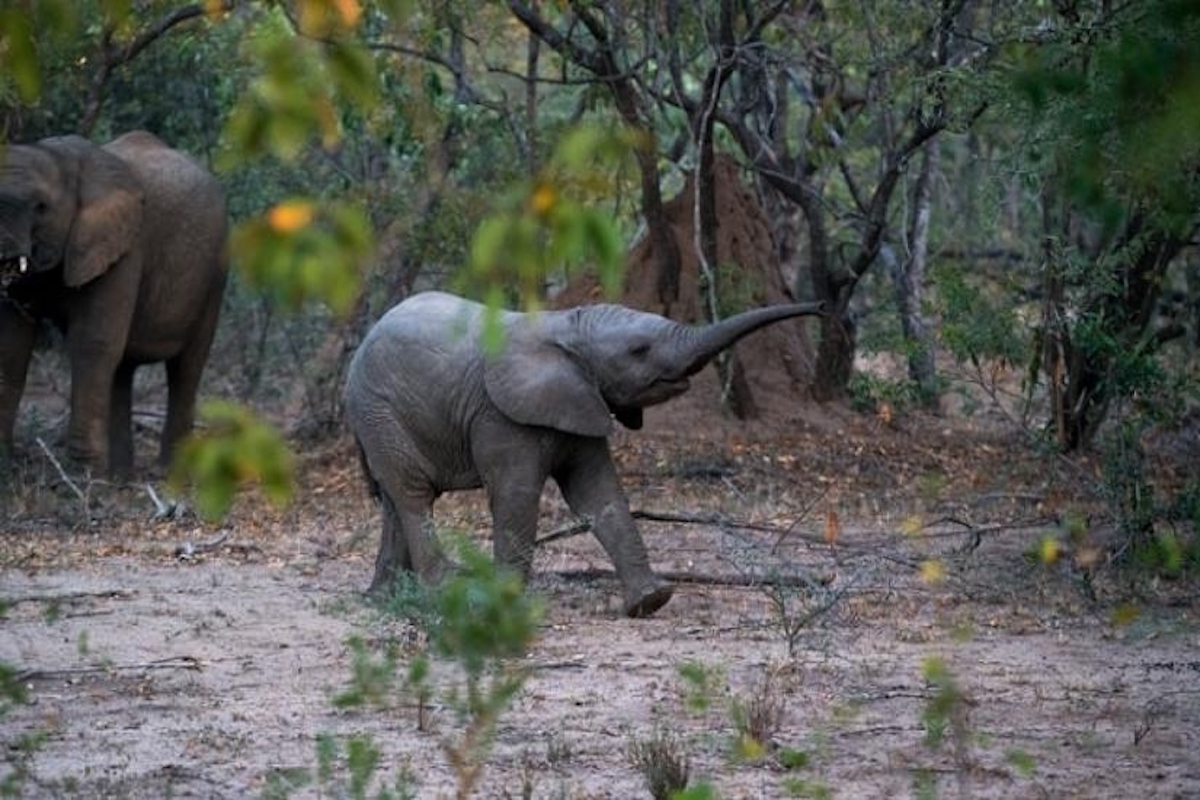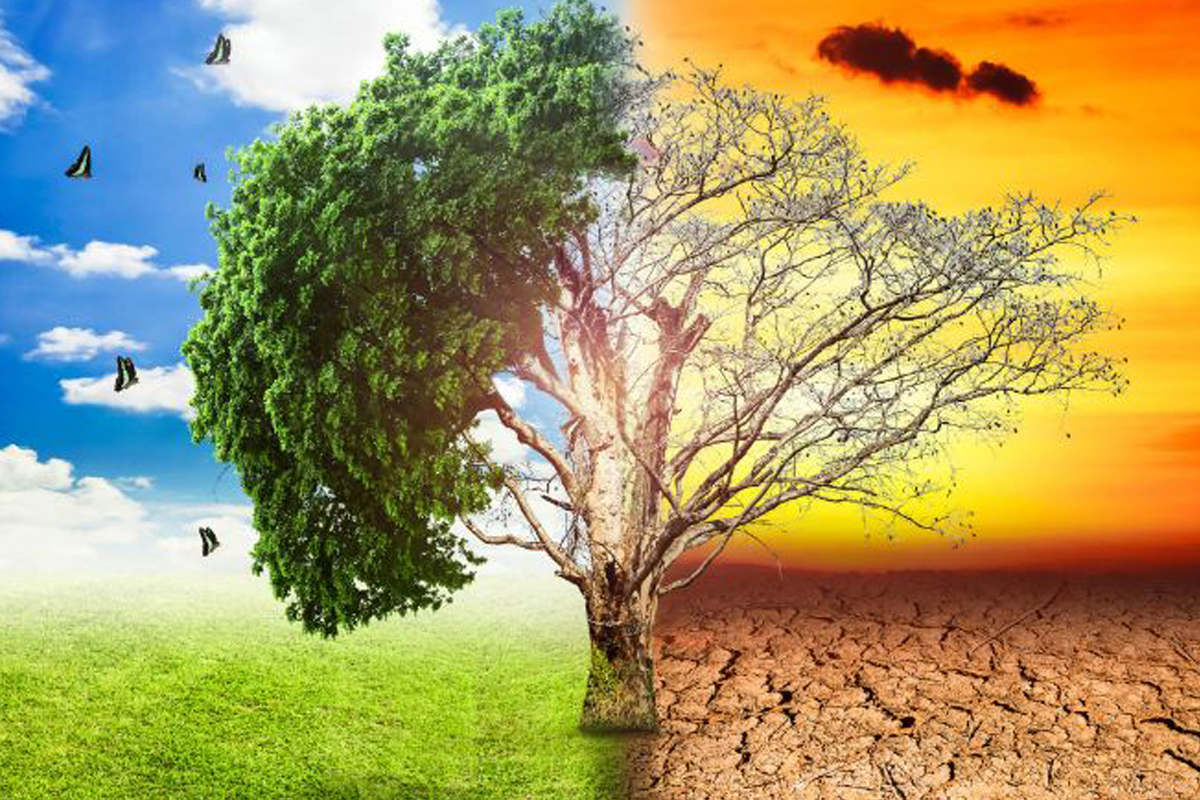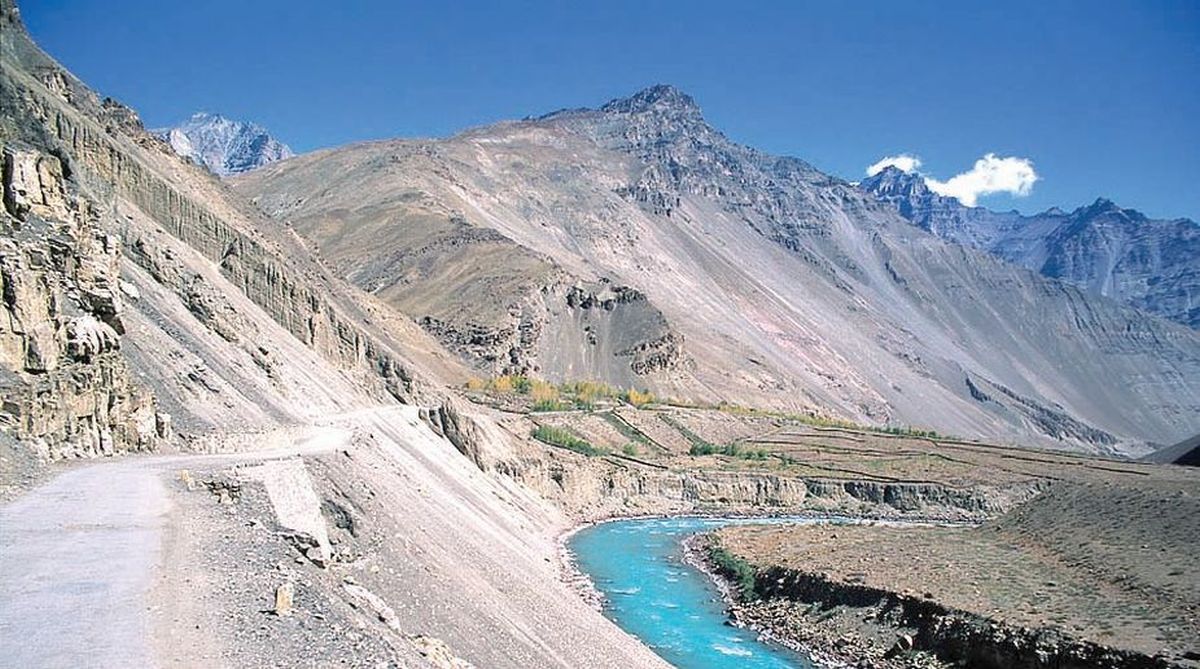Ocean-surface warming 4x faster in last four decades: Study
The rate of ocean warming has more than quadrupled over the past four decades, according to a new study on Tuesday, explaining why 2023 and early 2024 saw unprecedentedly high sea temperatures.















